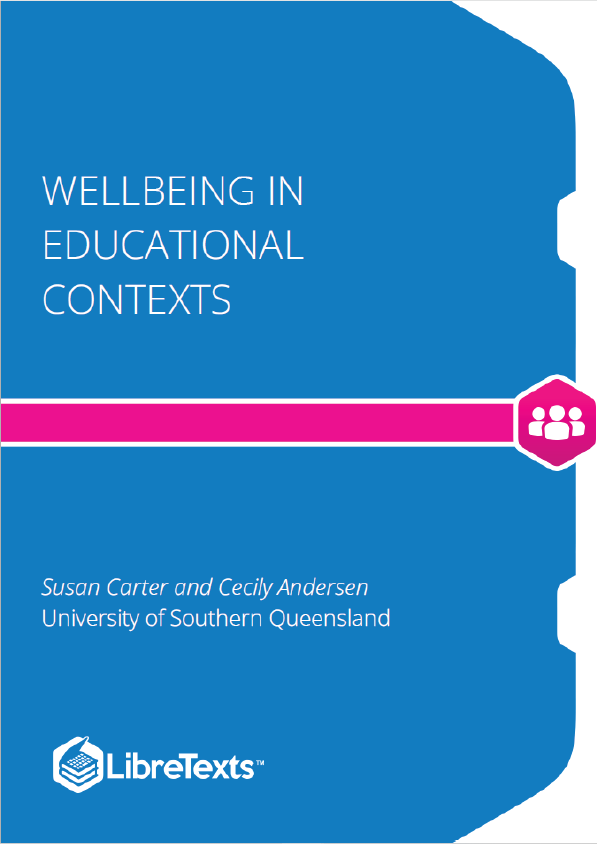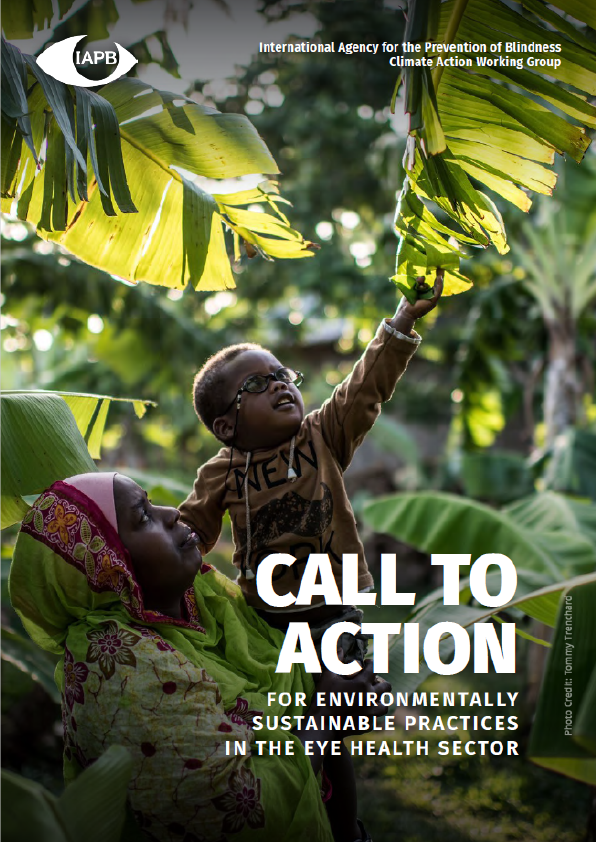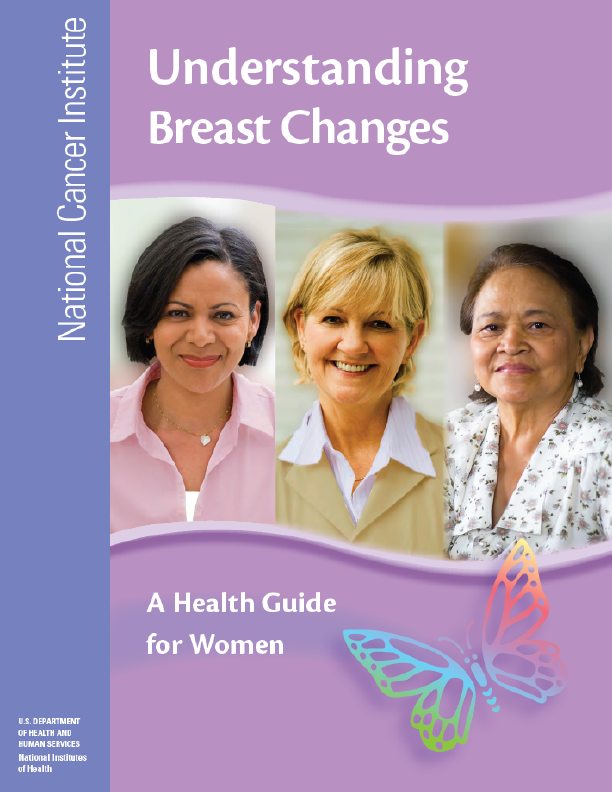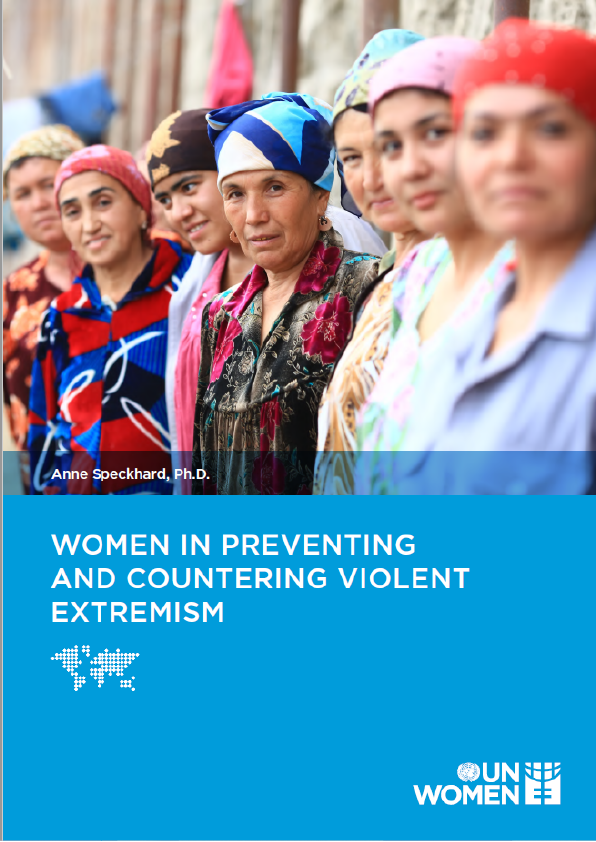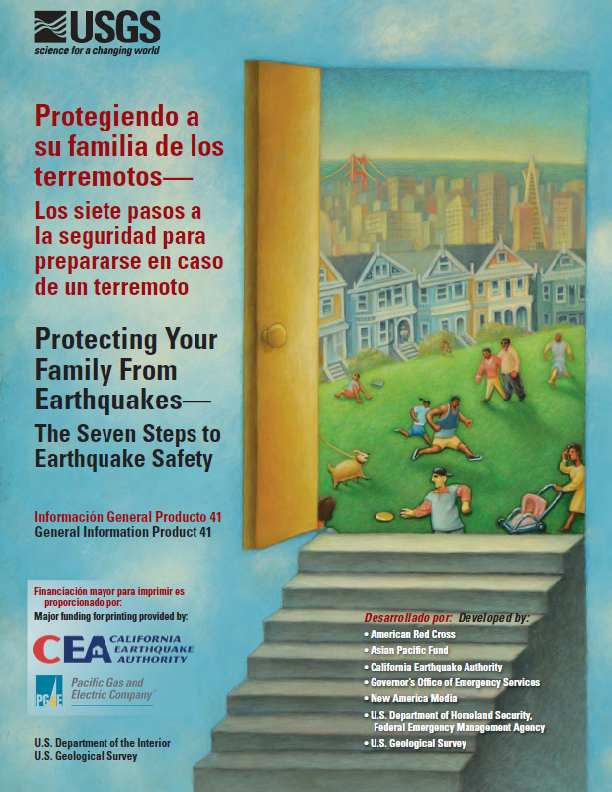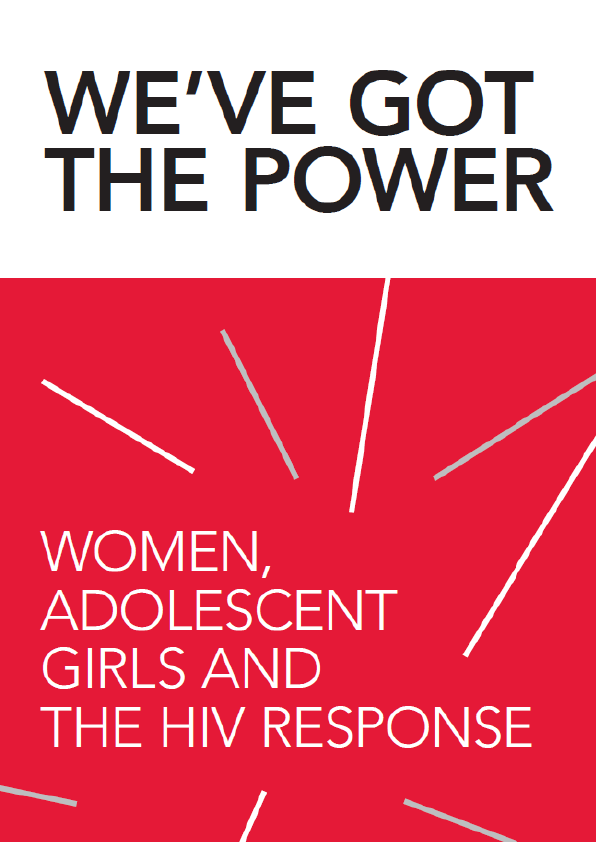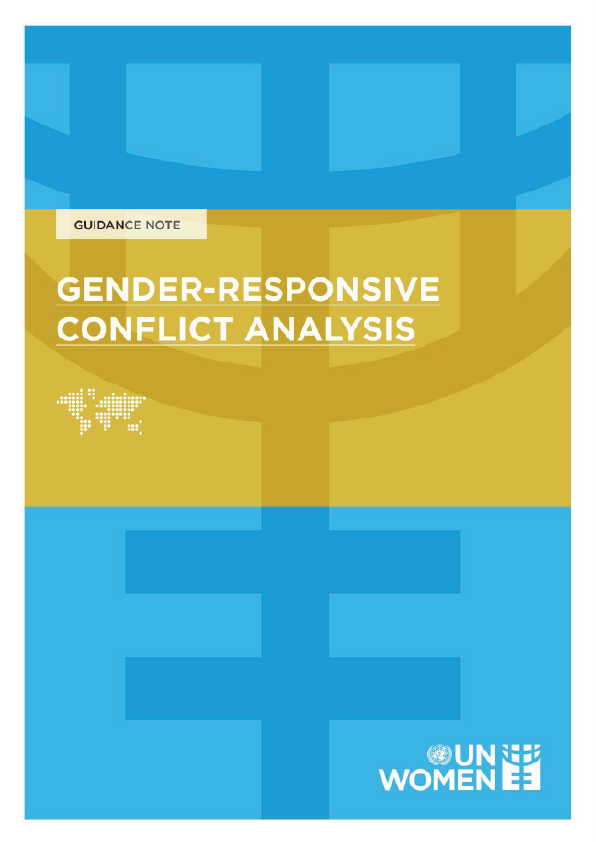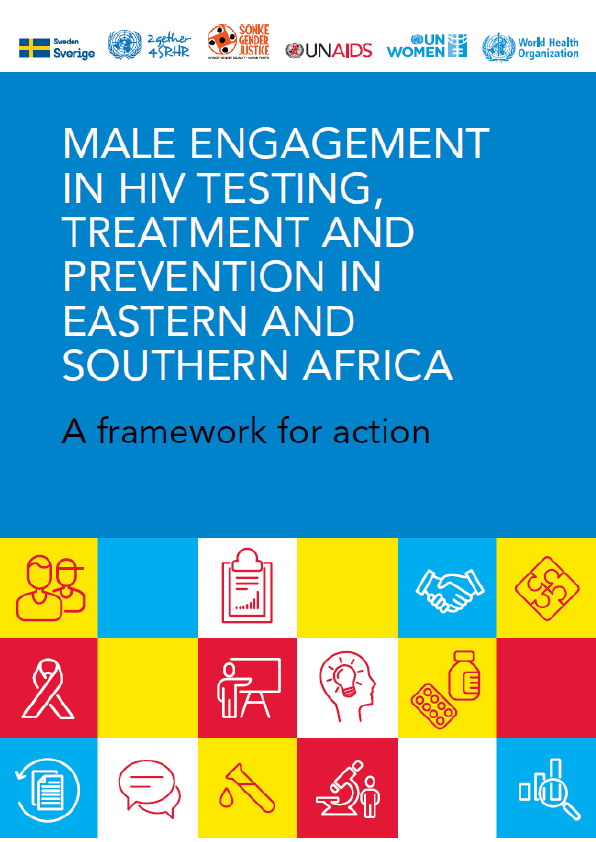Introduction Educational contexts (e.g., schools, special education units and early childhood centres) are places of social hope capital, a place and space where people can inspire positive thinking, engage in educational growth and the sustainment of wellbeing. Considerable research suggests that the promotion of wellbeing, is a core role of schools and teachers are in a prime position to recognise changes indicative of wellbeing concerns. The quality of life or wellbeing of an individual or community is a function of the actual conditions of that life and what an individual or community makes of those conditions. What a person or community makes of those conditions is in turn a function of how the conditions are perceived, what is thought and felt about those conditions, what is done and, finally, what consequences follow from all these inputs. People’s perceptions, thoughts, feelings and actions, then, have an impact on their own and others’ living conditions (Michalos, 2007, p.4). Prior to embarking on this journey of exploring wellbeing within educational contexts, this Chapter will connect with your prior knowledge on wellbeing and explore your own sense of wellbeing.
Connecting with your prior knowledge Connecting and activating pertinent prior knowledge assembles bridges connecting knowledge already integrated into understanding of a topic, and new knowledge, thus enabling learning through the creation of mental hooks that assist to anchor new instructional concepts, processes and skills (Andersen, 2018). Mazano (2004) contends that linking to prior expertise or knowledge in any sphere, increases the quantity of requisite knowledge that is accessible for use when bearing in mind new information, queries, questions or challenges. Further to this Campbell and Campbell (2009) pose that this is the reason some individuals with great expertise are more likely to ponder multiple perspectives of matters, queries, questions or problems and reach additional reasoned answers than novices. Re-examining prior knowledge shapes firm foundations on which to develop new learning experiences, and supports self-worth, reducing feelings of ignorance or general lack of ability, as new stimulating options are created when linkages are made between past ideas and new information (Andersen, 2018). Activating and connecting pertinent prior knowledge is vital in setting the scene.
Connecting with yourself
Being familiar to your inner signals and values and recognising how your feelings impact on you, contributes towards understanding your own wellbeing, as well as understanding the holistic complex situation that is wellbeing within a wider educational context. As such self-awareness is a key foundation block essential to understanding personal wellbeing and the wellbeing of individuals, teams and the school community (Andersen, 2018). Self-awareness is required for creating trusting relationships and promoting wellbeing. If we don’t know ourselves, it becomes increasing difficult to know, understand and effectively assist someone else. According to Eurich (2017), self-awareness is “the ability to see ourselves clearly, understand who we are, how other see us, and how we fit into the world” (Eurich, 2017, p.4). Covey (2004) expands this further by explaining self-awareness as the ability to accurately understand and reflect upon one’s own skills, knowledge, feelings, and behaviour, and then enact this insight to identify strengths and to try and mitigate any weaknesses.
